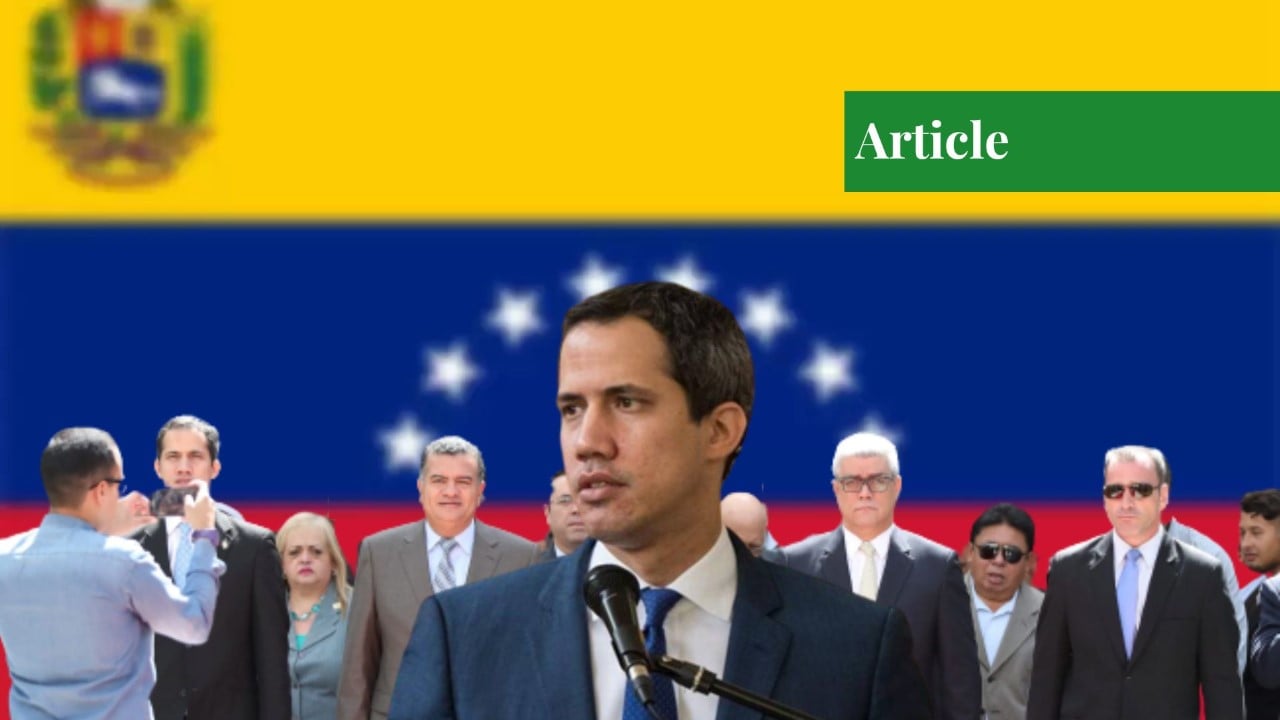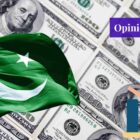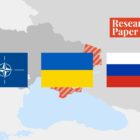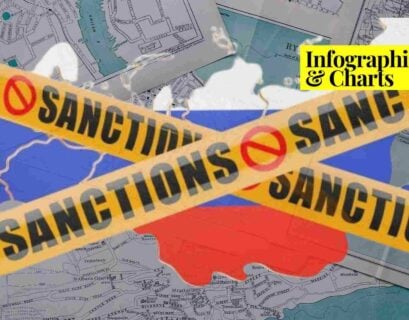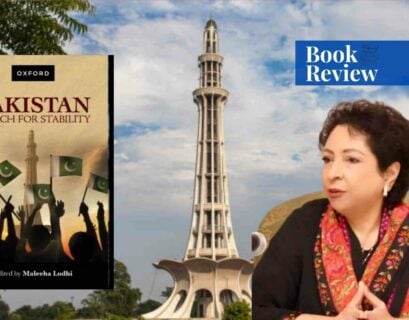Ms Duaa Ayaz is a graduate of Economics and Social Sciences. She is currently working as a freelance writer on Fiverr. Her sphere of interest includes international relations, geopolitics, foreign policy, security, and socio-economic issues of Pakistan and the world.
Venezuelan Politics
Just when the stiff political impasse was broken in late November and a dialogue was set in motion between the Maduro government and the opposition, the fragile balance of power in Venezuela shattered with the removal of US-backed congressman Juan Guaidó’s interim government. On 30 December 2022, three of four crucial opposition parties (Justice First, Democratic Action, and A New Era) approved the bill to strip the opposition leader of his makeshift presidential powers, in a move to create a five-member commission to manage foreign assets.
This action may have stirred up a hornet’s nest in Venezuelan politics, but it also shows a shift in the balance of power within the opposition that seeks to find a new approach to amass votes so as to beat Chaveź’s handpicked successor in the upcoming presidential elections.
On 5th January, the opposition of the National Assembly chose an all-women triumvirate leadership composed of the exiled former lawmakers as the new face replacing Juan Guaidó. The same lawmakers who voted to remove Guiadó selected Dinorah Figuera and the two back-benchers—Marianela Fernández and Auristela Vásquez as the members of the triumvirate.
Why the Removal at This Juncture?
Back in January 2019, Juan Guaidó, a young and promising student-activist-turned-politician, became a symbol of authoritarian resistance after being acclaimed by around 60 nations including the US as the recognised albeit interim president of Venezuela. This recognition was perhaps due to the ‘Inter-American Democratic Charter‘ that seeks to protect and defend representative democracy in the Western hemisphere which, by the fraudulent election of Maduro, was violated in Venezuela.
However, since then, the popular support for Guaidó and the opposition has only plummeted owing to his failure of ousting Maduro and obtaining complete victory against the adversary. Furthermore, Guaidó was also unable to secure a strong foothold over the military which is primarily under Maduro’s authoritarian claws.
Phil Gunson, an analyst of the International Crisis Group, described Guaidó’s presidency as a “self-perpetuating thesis” that met its untimely demise at the hands of the opposition lawmakers. The 72 voters that favoured the bill stated that the interim government had become obsolete and was of no significance to citizens.
Furthermore, the denouement of the 2020 parliamentary elections, which enabled Maduro to total control of the legislature, was another blow to Guaidó. With hue and cry from Guiado’s allies, the faction argued that the dissolution at such a critical juncture would only exacerbate the political crises, risking the loss of foreign assets to Maduro.
On the contrary, the key players of the opposition stated that the Guaidó government was temporary, for it failed to serve the purpose of dismissing Maduro. Days after the dissolution, Biden’s officials also confirmed the US’s stance of ceasing to acknowledge Guaidó as Venezuela’s legitimate head and instead siding with the opposition lawmakers.
“The National Assembly is currently in the midst of making internal decisions regarding its own leadership, so we’re going to wait and see how that plays out”, the senior US state department official noted.
What’s Ahead for Venezuela?
Rated by the Economist Intelligence Unit an ‘Authoritarian Regime’ in 2020, besides having the lowest Democracy Index score amongst states in the American hemisphere, Venezuela’s political turmoil is far from over. After Guaidó’s failed uprising against Maduro, the National Assembly successfully selected the new leadership in place of the previous head.
However, various analysts believe that it is too early to predict whether the new leadership would bring the desired change in the country’s politics or meet the same fate as its predecessor. As for the neighbouring countries, the recent move may have put Washington in a dilemma; its austere approach towards Maduro is shifting to a nuanced one, but its support for Guaido is dwindling.
The softened approach towards Maduro is manifested by the partial lift of the oil embargo and a six-month license to US oil giant ‘Chevron’ to carry out limited oil extractions in Venezuela. However, this doesn’t mean that the US has bent its knee to Maduro’s regime. The recent easing of Washington’s sanctions comes at a time when energy crises and rampant inflation has engulfed the world, putting the US in a compromised position of reopening diplomatic relations with the dictatorial president.
Nicolas Maduro himself showed an affirmative will to ensure normalisation of diplomatic and political relations with states that are willing to engage, including the US. However one cannot turn a blind eye to the rise of leftist regimes in the Americas. Recently, more and more leftist leaders are coming into power in Latin American and European countries such as Brazil, Colombia, Argentina, Spain etcetera.
Having a common political ideology, the South American geo-political tilt is speculated to shift towards Maduro, with many states holding diplomatic talks with the Maduro regime. The renewal of Columbia-Venezuela political relations via border opening is a burning testament to that. Perhaps the future seems obscure for Venezuela, but what’s certain is the West’s support for democratic opposition despite the recent upheavals in the National Assembly.
All in all, the dissolution of the interim government reflects the deepening divide in opposition, putting the future of pro-democratic factions of Venezuela in grave danger, which perhaps, includes strengthening the oppressive leader’s grip on power ahead of the 2024 elections. Amidst the political crises, one must bear in mind the dire socio-economic crises emanating from political instability.
For now, and possibly the year 2024, Venezuela’s snapshot shows a political ruckus of Democrats and Socialists grappling for power, while under their gloomy shadows walk Venezuelans, who envisage peace and prosperity in a country crowded with political insecurity, hyperinflation, hunger, food crises, and poverty.
If you want to submit your articles and/or research papers, please check the Submissions page.
The views and opinions expressed in this article/paper are the author’s own and do not necessarily reflect the editorial position of Paradigm Shift.
